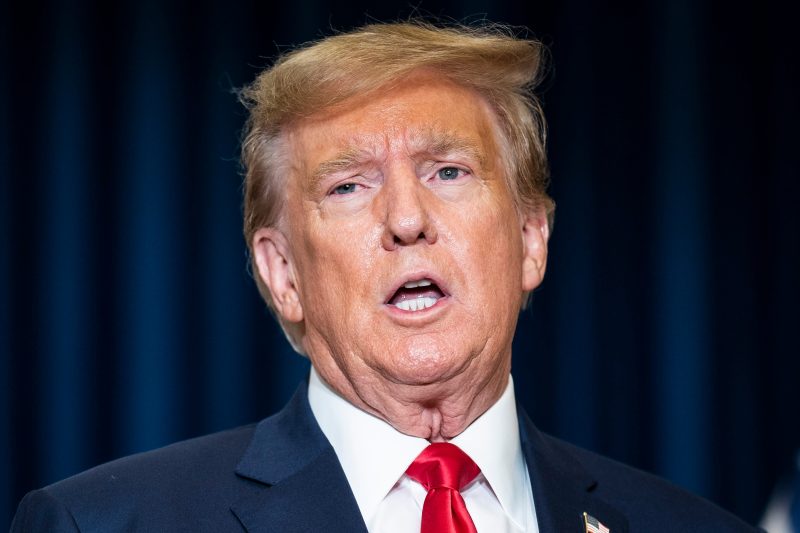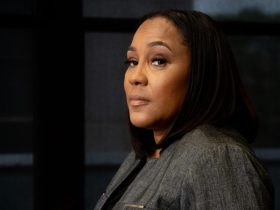NEW YORK — Donald Trump will not be allowed to personally argue during summations at his business fraud civil trial Thursday after his attorneys would not agree to have him stick to case-related topics.
The decision by New York Supreme Court Justice Arthur Engoron came around noon on Wednesday in an email exchange with the parties about the former president’s plan to make his own case on the final day of the trial.
Trump’s legal team began planting the seed of his intention to speak, in addition to his attorneys, last week. The exchanges, which were made public, became increasingly tense, with the judge giving Trump attorney Chris Kise just seven minutes to reconsider his stance that his client would not agree to play by the rules as a condition of being allowed to argue in court.
“I will not debate this again. Take it or leave it. Now or never,” Engoron wrote to Kise in an 11:54 a.m. email on Wednesday. “You have until noon, seven minutes from now.”
“I WILL NOT GRANT ANY FURTHER EXTENSIONS,” the judge emphasized.
Kise did not respond by that last-straw deadline after declining to commit to some standard controls on Trump’s proposed summation.
Lawyers must also adhere to those restraints.
“This is very unfair, your Honor,” Kise said about 15 minutes before Engoron issued his ultimatum, adding that New York Attorney General Letitia James’s $370 million lawsuit against Trump, his company and several executives was “politically motivated.”
Engoron also denied a bid by Kise to postpone the proceedings because of the recent death of Trump’s mother-in-law.
Trump was fined $15,000 during his trial for violating a gag order imposed by Engoron to prevent him from making any public comments about the judge’s law clerk, who received a flood of threats from Trump supporters after the former president wrote a social media post about her.








